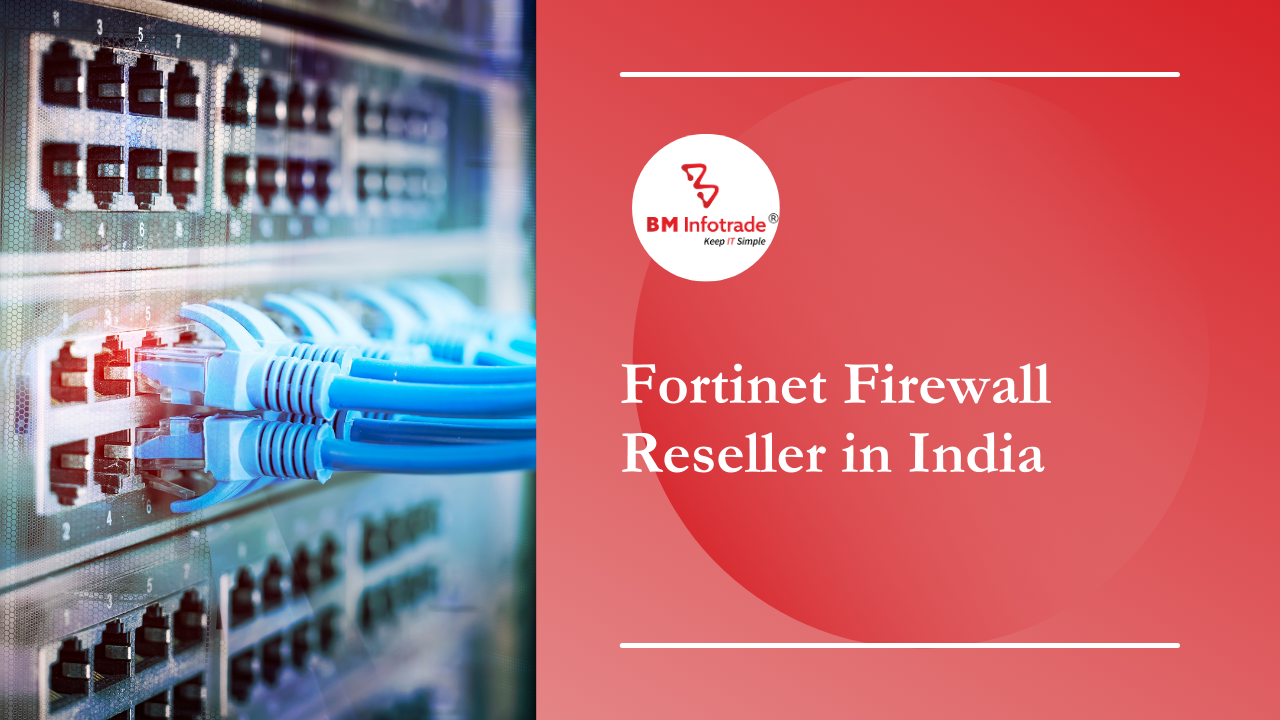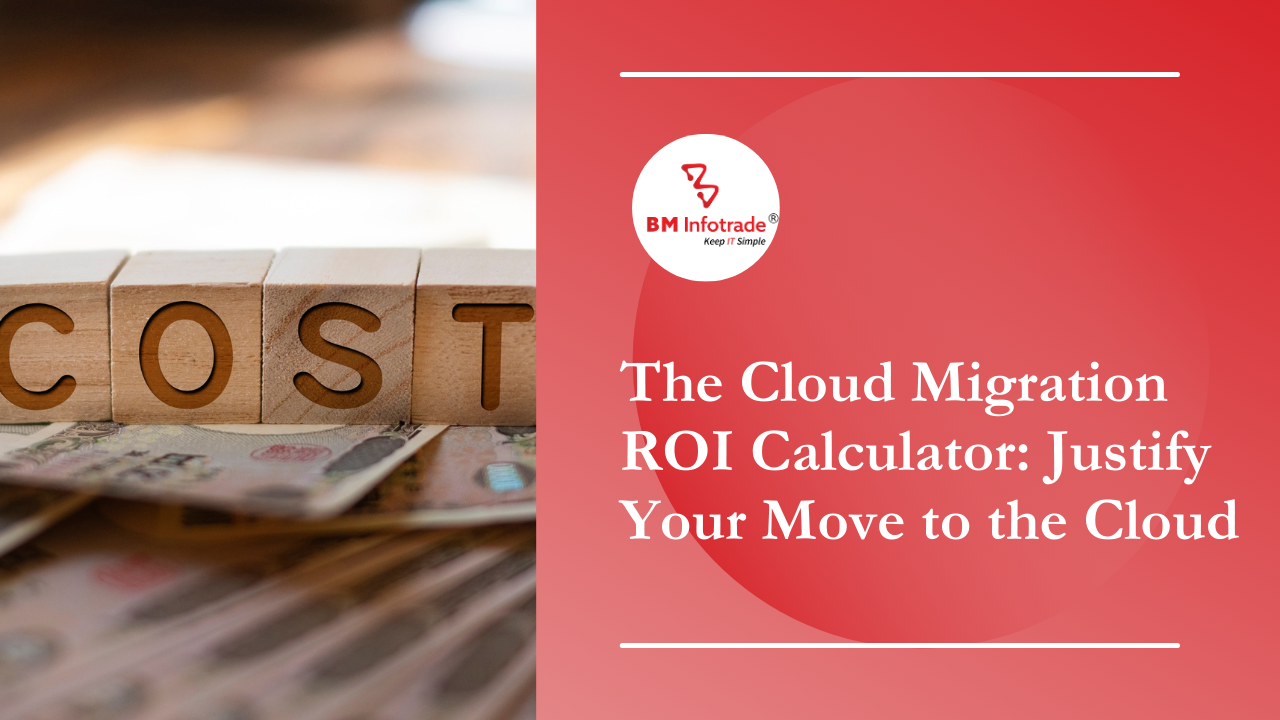Data Science or Cloud, which one is better?
In the rapidly changing technology world, two areas have consistently been at the forefront: Cloud Computing and Data Science. These two have transformed how businesses function, make judgments, and adopt technology.

Data Science or Cloud, which one is better?
Table of Contents
In the rapidly changing technology world, two areas have consistently been at the forefront: Cloud Computing and Data Science. These two have transformed how businesses function, make judgments, and adopt technology. As the fields continue to explode in popularity, many professionals and aspiring tech enthusiasts find themselves at a crossroads on which path to follow. This blog will delve into both domains’ intricacies, comparing their benefits, career prospects, and future potential to help you choose between them.
What is Data Science?
Data Science is a cross-disciplinary field that applies scientific methods, algorithms, and systems to extract knowledge from structured or unstructured data. It includes statistics, machine learning techniques, data mining algorithms as well as big data analytics for dealing with complex datasets.
Key Components of Data Science
-
Data Collection and Cleaning: Gathering different types of data from various sources ensuring that it is valid.
-
Exploratory Data Analysis (EDA): Using statistical tools and techniques for understanding the dataset and finding patterns.
-
Model Building: Constructing predictive models using machine learning algorithms
-
Deployment & Monitoring: Putting models live into production & watching their progress
Advantages of Data Science
-
Informed Decision Making: Insights gained by analyzing companies’ information can be used in decision-making processes.
-
Competitive Edge: The knowledge about market trends that gives firms an edge over others by providing them with the required information to act wisely on customer behavior.
-
Automation of Tasks: Increasing efficiency by automating repetitive tasks through machine learning models
-
Career Opportunities: There is a high demand for this role due high salary levels offered along with the scope for growth opportunities.
Read More: Data Lake vs Data Warehouse: Choosing the Right Data Storage
Understanding Cloud Computing
What is Cloud Computing?
Cloud Computing is a method of delivering computing resources including servers storage databases networking software etc. over the Internet (“the cloud”). It allows flexible resources faster innovation economies of scale to be realized through it.
Key Components of Cloud Computing:
-
Infrastructure as a Service (IaaS): Virtualized computing resources on the internet
-
Platform as a Service (PaaS): Hardware and software tools through the internet
-
Software as a Service (SaaS): Internet-based subscriptions for software applications
-
Storage as a Service (STaaS): Scalable storage solutions on-demand.
Advantages of Cloud Computing:
-
Cost Efficiency: Less on-site hardware and maintenance are needed.
-
Scalability: It is easy to add or reduce resources depending on demand
-
Accessibility: Access services and applications anywhere with an internet connection.
-
Disaster Recovery: Offers robust backup and disaster recovery solutions.
Read More: Architecture of Cloud Computing- Designs that change the world
Data Science vs. Cloud Computing: A Comparative Analysis

Career Opportunities and Salaries:
Both fields have excellent job prospects, but the level of demand changes depending on the industry requirements.
-
Data Science: Data Scientist, Data Analyst, Machine Learning Engineer, and Business Intelligence Developer. Based on Glassdoor reports, the typical salary of a data scientist in the US ranges around $113,000 per annum.
-
Cloud Computing: Cloud Architect, Cloud Engineer, DevOps Engineer and Cloud Consultant. As stated by PayScale, the average pay for a cloud engineer in the US is roughly $120,000 per year.
Skill Sets Required:
-
Data Science: Competence in Python and R programming languages is essential. Additionally one should be able to work with statistical packages like SAS/SPSS along with machine learning tools such as Weka or Matlab.
-
Cloud Computing: Prioritizing IT cost reduction, scalability improvement, and better collaboration; startups, enterprises, and government agencies should consider adopting this technology since it is a must for them.
Industry Adoption and Demand:
-
Data Science: Mathematics, statistics or computer science background may be necessary to become a data scientist. Bootcamps, online courses, or higher degrees are available.
-
Cloud Computing: Certifications (AWS Solution Architect Associate, Microsoft Certified: Azure Solutions Architect) and hands-on experience in cloud platforms such as Amazon Web Services AWS or Oracle Cloud Infrastructure OCI are essential.
Future Trends and Prospects:
-
Data Science: AI along with machine learning is rising high, and big data use will surge further up while predictive analytics demand will increasingly drive this industry’s growth into the future.
-
Cloud Computing: Hybrid cloud solutions shift; edge computing and increasing adoption of cloud-native applications shall continue to support its growth even in feature years.
Making the Decision: Which One is Better for You?
Your Interests and Strengths:
-
Data Science can be your calling if you love working on data models, finding patterns, and predicting future outcomes using algorithms
-
If you are more interested in infrastructure management, large-scale solutions, and cloud-based services, Cloud Computing could be a better fit for you.
Career Goals and Job Market:
-
It’s also important to look at the job market and its needs within your region. Both professions have market demands however; there might be places where one type of professional is more needed than others such as data scientists or cloud professionals.
-
Evaluate the potential for career growth and advancement in each field.
Educational Background:
-
For example, having Mathematics/Statistics foundations would make Data Science an easier field to approach
-
IT infrastructural knowledge like networks or system administration would be highly useful when launching your career in the Cloud Computing area.
Flexibility And Adaptability:
Determine how much commitment you have towards staying updated with new technologies as well as changing trends. Would it be easy for you to keep upgrading your skills?
Read More: Harnessing AI in Cloud Computing: Enhancing Performance and Efficiency
Conclusion
In conclusion, both professions provide great prospects in terms of employment that can be pursued with various advantages in hand. Your choice between the two alternatives will hinge on your interest, skills, objectives, or the demand of the market. By understanding the details about each field herein, you will be able to make a wise decision that reflects your ambitions.
Both Data Science and Cloud Computing are vital for future technologies; remember this when selecting between them. The fields complement one another and their boundaries often converge with data science being an integral part of cloud-based analytics and cloud platforms supporting data science projects. Let it be a lifelong journey of learning new things as well as discovering success in any path we take.







Anshul Goyal
Group BDM at B M Infotrade | 11+ years Experience | Business Consultancy | Providing solutions in Cyber Security, Data Analytics, Cloud Computing, Digitization, Data and AI | IT Sales Leader